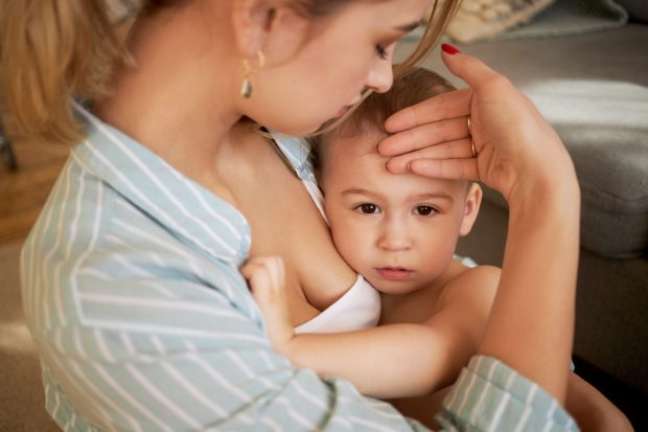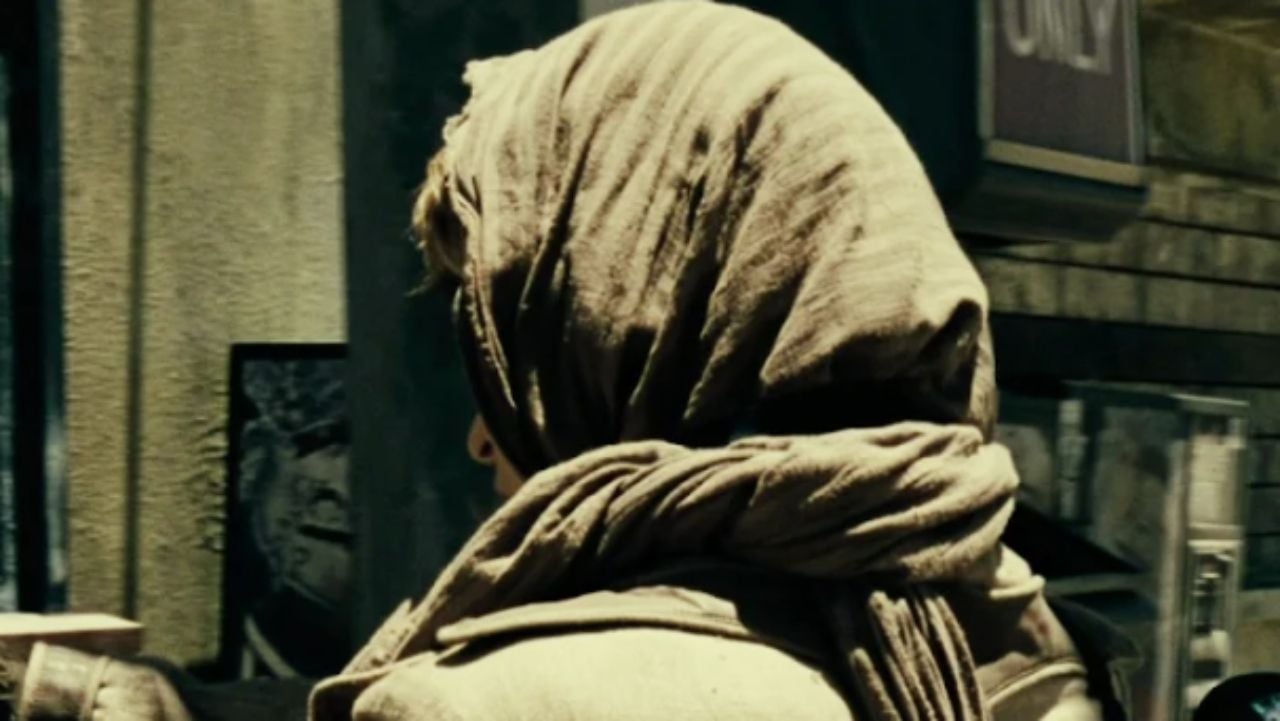The antipyretic is not always necessary! The specialist explains that fever in children can be a sign that helps identify or even solve some other problem in the body. Know when to medicate
Are you one of those people who, when they “feel” the warmest child, run to get medicine? It is better to rethink. Before using antipyretic, it is necessary to analyze several other factors. Who says this is the Brazilian Society of Pediatrics (SBP). Recently, the entity published a manual with new recommendations for dealing with fever in infants and children. One of these is to explain to parents that a fever can be our friend and help us feel that something is wrong with the body and its function is to help fight the body’s “invaders” such as viruses and bacteria.

“If you fight fever at minimal levels, at low rates, you will block your child’s body’s defense against a possible aggressive agent,” pediatrician Tadeu Fernandes, president of SBP’s Scientific Department of Outpatient Pediatrics, explains in an interview. Baby Home.
When to treat a child with a fever?
There is no single right answer. It is important to take the temperature (and not just rely on the skin of your hand and guess: “ah, I think the baby is warm”). Use a digital thermometer of the kind you put under your armpit and wait the indicated time (usually the device beeps) to know the result. The number that appears on the display is important and will provide information about your child’s condition, but it’s not just the child that is important. “There is no prescription of drugs from 37.5ºC, 38ºC, 38.5ºC. It is necessary to observe the general condition of the child”, Tadeu guides.
“When do you use antipyretics? When the fever bothers the child. If he is at 38.5ºC and plays on the playground, let him play. When he feels grumpy, tired, you give him antipyretics,” exemplifies the doctor. .
Fever: how to treat the right way?
First, it is important to remember that it is never advisable to medicate a child without the doctor’s advice, even if the medicine appears to be just an innocent antipyretic. Usually, in routine consultations with the pediatrician, he will indicate the appropriate medication to use and the right modality, dosage and range, based on the child’s assessment. Follow the advice.
“Do not alternate antipyretics and respect the times indicated by the pediatrician”, reiterates Tadeu. According to the specialist, the dispersion of different drugs can cause intoxication. “The next dose is in 4 hours, but the fever has returned earlier. What should I do? Then you will see if the baby is peeing, if the diaper is wet. This is because babies with fever are dehydrated from the loss of water in the state of steam and dehydration increases the temperature, so every child who has a fever must have a super hyper mega hydration which, together with the drugs, reduces the body temperature “, says the pediatrician. Increase the water supply.
Keep calm and before you rush to the emergency room in desperation, look at your child. He checks if you have any other symptoms, if you are down, if you are eating, if you are throwing up. This information is important to aid in the diagnosis.
Baby under 2 months: the exception |
Straight up! Forget the guidelines above if your baby is under 2 months old. This is an important exception. According to Tadeu, in this case, there are specific protocols and it is necessary to go quickly to the emergency room to carry out evaluations and clinical examinations, since the child is very small and does not yet have adequate defenses. |
And more:
Do I want to know more? Sign up for our newsletter and receive more articles every week about how your baby is developing. It’s fast and free.
+The best content in your email for free. Choose your favorite Earth Newsletter. Click here!
Source: Terra
Benjamin Smith is a fashion journalist and author at Gossipify, known for his coverage of the latest fashion trends and industry insights. He writes about clothing, shoes, accessories, and runway shows, providing in-depth analysis and unique perspectives. He’s respected for his ability to spot emerging designers and trends, and for providing practical fashion advice to readers.






![Un Si Grand Soleil preview: Thursday 16 October 2025 episode recap [SPOILERS] Un Si Grand Soleil preview: Thursday 16 October 2025 episode recap [SPOILERS]](https://fr.web.img6.acsta.net/img/23/e8/23e803cee5b560481303033f6e86fd7e.jpg)
